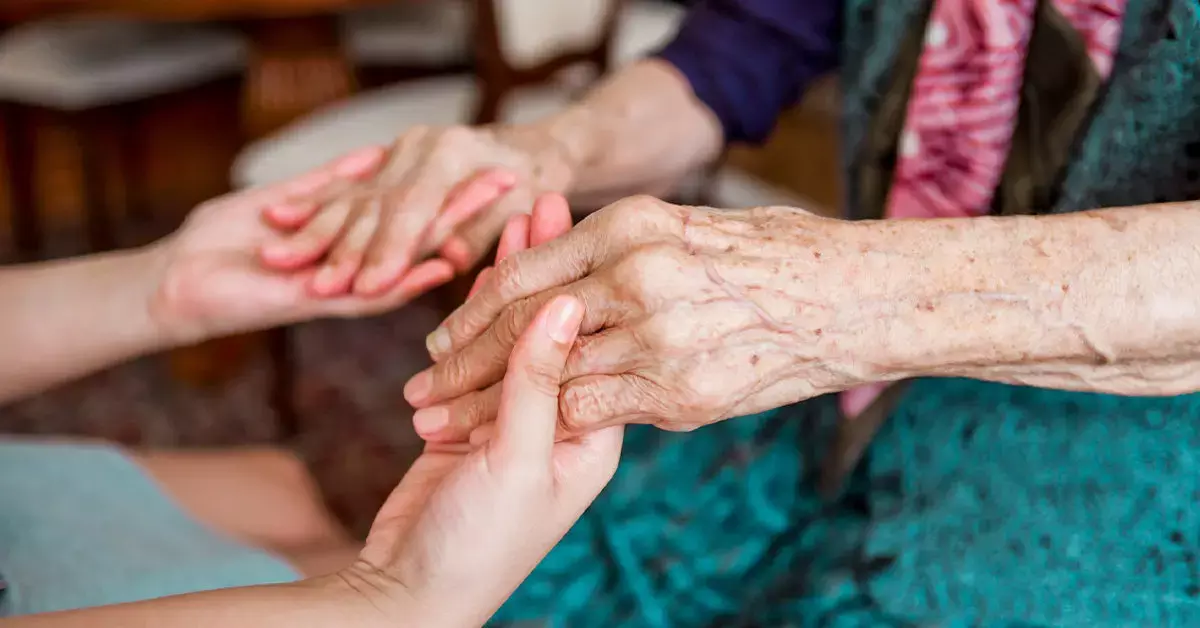- Home
- Medical news & Guidelines
- Anesthesiology
- Cardiology and CTVS
- Critical Care
- Dentistry
- Dermatology
- Diabetes and Endocrinology
- ENT
- Gastroenterology
- Medicine
- Nephrology
- Neurology
- Obstretics-Gynaecology
- Oncology
- Ophthalmology
- Orthopaedics
- Pediatrics-Neonatology
- Psychiatry
- Pulmonology
- Radiology
- Surgery
- Urology
- Laboratory Medicine
- Diet
- Nursing
- Paramedical
- Physiotherapy
- Health news
- Fact Check
- Bone Health Fact Check
- Brain Health Fact Check
- Cancer Related Fact Check
- Child Care Fact Check
- Dental and oral health fact check
- Diabetes and metabolic health fact check
- Diet and Nutrition Fact Check
- Eye and ENT Care Fact Check
- Fitness fact check
- Gut health fact check
- Heart health fact check
- Kidney health fact check
- Medical education fact check
- Men's health fact check
- Respiratory fact check
- Skin and hair care fact check
- Vaccine and Immunization fact check
- Women's health fact check
- AYUSH
- State News
- Andaman and Nicobar Islands
- Andhra Pradesh
- Arunachal Pradesh
- Assam
- Bihar
- Chandigarh
- Chattisgarh
- Dadra and Nagar Haveli
- Daman and Diu
- Delhi
- Goa
- Gujarat
- Haryana
- Himachal Pradesh
- Jammu & Kashmir
- Jharkhand
- Karnataka
- Kerala
- Ladakh
- Lakshadweep
- Madhya Pradesh
- Maharashtra
- Manipur
- Meghalaya
- Mizoram
- Nagaland
- Odisha
- Puducherry
- Punjab
- Rajasthan
- Sikkim
- Tamil Nadu
- Telangana
- Tripura
- Uttar Pradesh
- Uttrakhand
- West Bengal
- Medical Education
- Industry
Baricitinib Lowers Structural Joint Damage in Patients With RA: Study

Baricitinib helps to reduce structural joint damage in Patients With rheumatoid arthritis (RA), suggests a study published in the Journal of Rheumatology.
A group of researchers from the Netherlands conducted a study to evaluate the effect of baricitinib on inhibiting the radiographic progression of structural joint damage over 5 years in patients with active rheumatoid arthritis (RA). They stated, "Because no cure for RA exists, it is important to reduce a patient's inflammation to the lowest level possible to prevent structural damage from accruing and thereby maintaining patients' functional ability."
Patients completed 1 of 3 phase 3 baricitinib trials and entered the long-term extension RA-BEYOND, in which patients received once-daily 4 mg or 2 mg baricitinib. Across these trials, patients initially receiving methotrexate (MTX) or adalimumab switched to baricitinib 4 mg at week 52. Patients initially receiving placebo switched to baricitinib 4 mg at week 24. Radiographs were scored at baseline and years 2, 3, 4, and 5. Change from baseline in van der Heijde modified Total Sharp Score (ΔmTSS) was computed.
The results of the study are as follows:
· Overall, 2125/2573 (82.6%) randomized patients entered RA-BEYOND; 1837/2125 (86.4%) entered this analysis.
· From years 3 to 5, higher proportions of DMARD-naïve patients on initial baricitinib (monotherapy; +MTX) had no progression versus initial MTX
· Higher proportions of patients with an inadequate response (IR) to MTX on initial baricitinib or adalimumab versus placebo had no progression
· Higher proportions of patients with conventional synthetic (cs)DMARD-IR on initial baricitinib 4 mg had less progression versus initial placebo or baricitinib 2 mg.
Thus, the researchers concluded that oral baricitinib maintained lower levels of radiographic progression than initial csDMARD or placebo through 5 years in patients with active rheumatoid arthritis (RA).
Reference:
A study titled, "Radiographic progression of structural joint damage over 5 years of baricitinib treatment in patients with rheumatoid arthritis: Results from RA-BEYOND" by Désirée van der Heijde et. al published in the Journal of Rheumatology.
DOI: 10.3899/jrheum.210346
Dr. Shravani Dali has completed her BDS from Pravara institute of medical sciences, loni. Following which she extensively worked in the healthcare sector for 2+ years. She has been actively involved in writing blogs in field of health and wellness. Currently she is pursuing her Masters of public health-health administration from Tata institute of social sciences. She can be contacted at editorial@medicaldialogues.in.
Dr Kamal Kant Kohli-MBBS, DTCD- a chest specialist with more than 30 years of practice and a flair for writing clinical articles, Dr Kamal Kant Kohli joined Medical Dialogues as a Chief Editor of Medical News. Besides writing articles, as an editor, he proofreads and verifies all the medical content published on Medical Dialogues including those coming from journals, studies,medical conferences,guidelines etc. Email: drkohli@medicaldialogues.in. Contact no. 011-43720751


